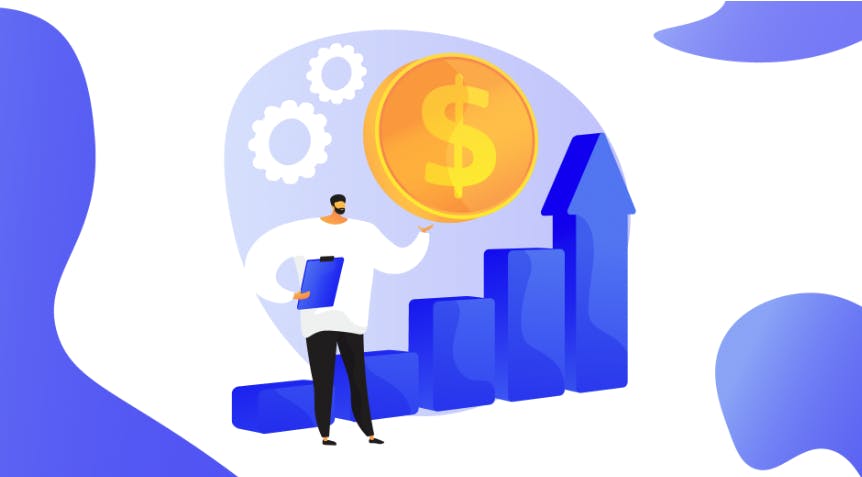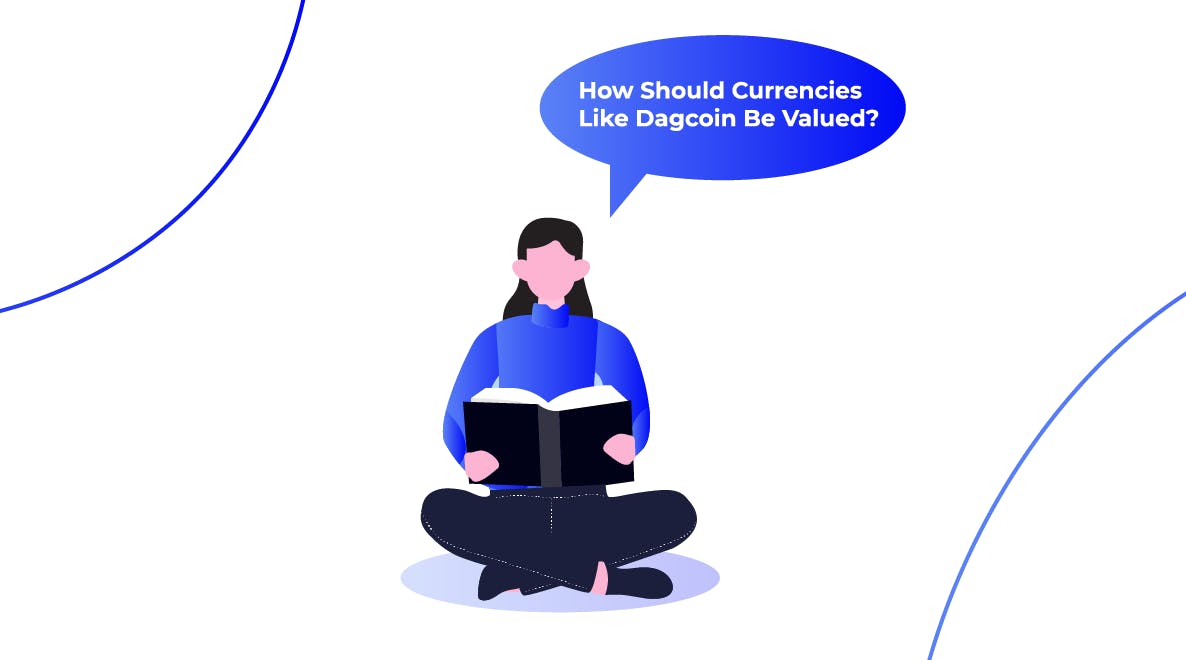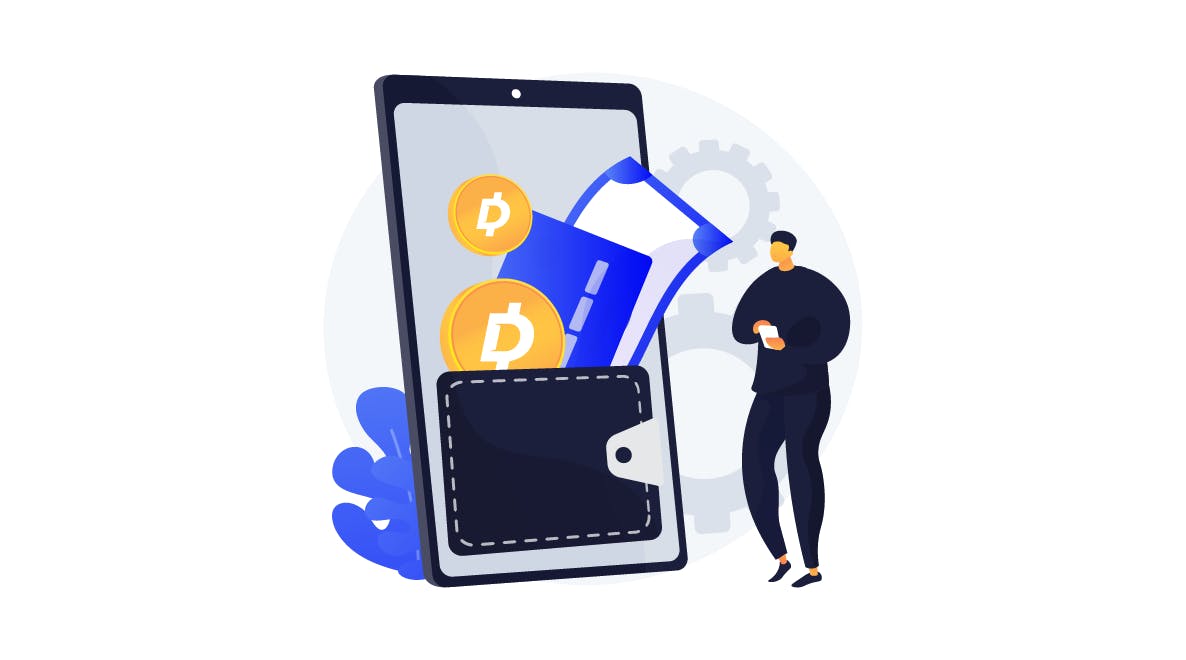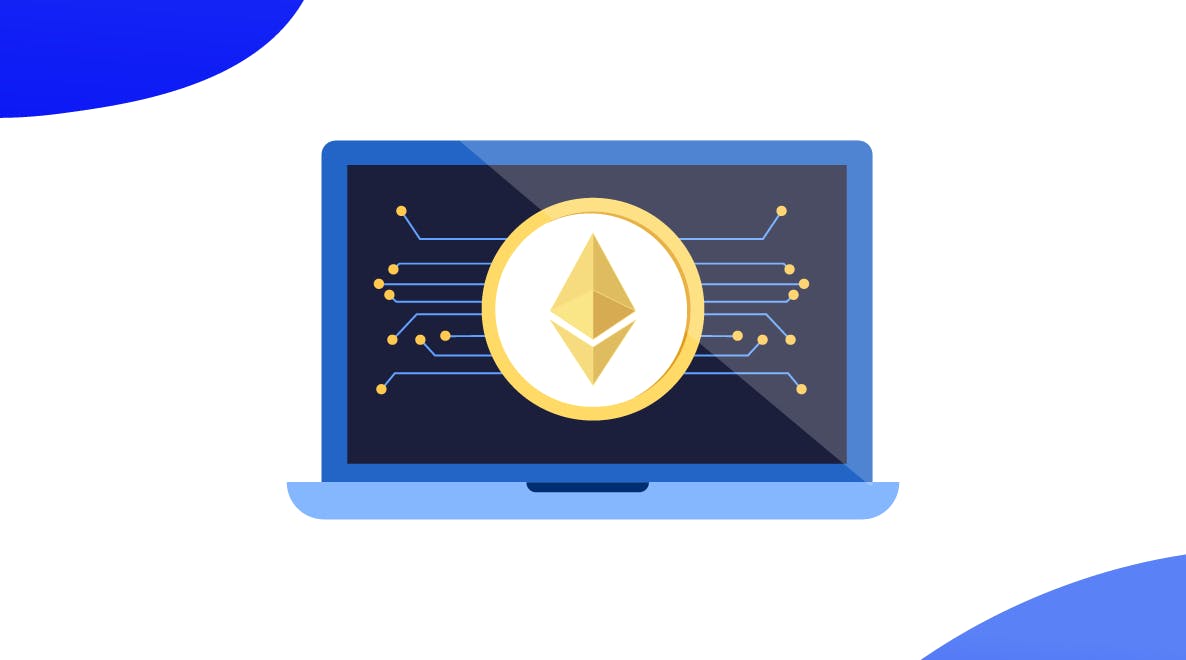More and more often, the opinion is heard that cryptocurrency will start to replace our current fiat money (i.e. legal tender backed by a central government) because all transactions, including international ones, will be faster and more affordable than what the current banking system can enable. It is not possible to “print” more cryptocurrency and people have full control of their transactions.
While people living in Europe, for example, find making bank transfers and instant payments in a matter of seconds over smartphones to be commonplace, there are about 2 billion people in the world who have no access to banking at all, which means they also have no access to digital currencies.
They have no credit score to show financial institutions, telecommunications or even insurance companies their creditworthiness. Therefore, if they wanted to apply for a loan to advance their life or business, financial institutions would not be able to provide it.
They can buy and sell products or services only on the limited local market for cash, leaving them without access to greater product choices or a larger client base.
The way cryptocurrencies are designed, gives these people access to digital currency, as anyone with access to the internet can create their own cryptocurrency wallet and then make transactions.
Access to the internet varies regionally but it is only a matter of time until it spreads everywhere in, for example, Africa. However, as infrastructure and general societal preparedness is simply not quite ready for cryptocurrencies to be taken into daily use, the internet still has time to spread wider.
Bitcoin is often thought of as digital gold. While not its primary goal, Bitcoin has set a course for the financial world and future digital currencies. Of course, today, ten years later, there are better and faster solutions and a different financial model available for this. Bitcoin will likely never be this kind of “people’s money” to help those 2 billion we mentioned earlier, but at best, it could become “people’s gold”.
There is no cryptocurrency today that is truly and widely usable and proper competition for our everyday currency. Depending on the cryptocurrency, you might be able to purchase products and services here and there, but more often than not, this process goes through a third party, i.e. a platform that converts the cryptocurrency from the client into fiat money, like the Euro, that the provider then receives into their account. This service tends to carry huge fees or use terrible conversion rates.
Cryptocurrency should properly be used without a conversion process. The vendor should accept cryptocurrency and use it to pay their supplier.
Today, we’re at a point where this is implausible for many, as price volatility has made vendors very cautious. Merchants don’t want to accept money whose price fluctuates day-to-day.






